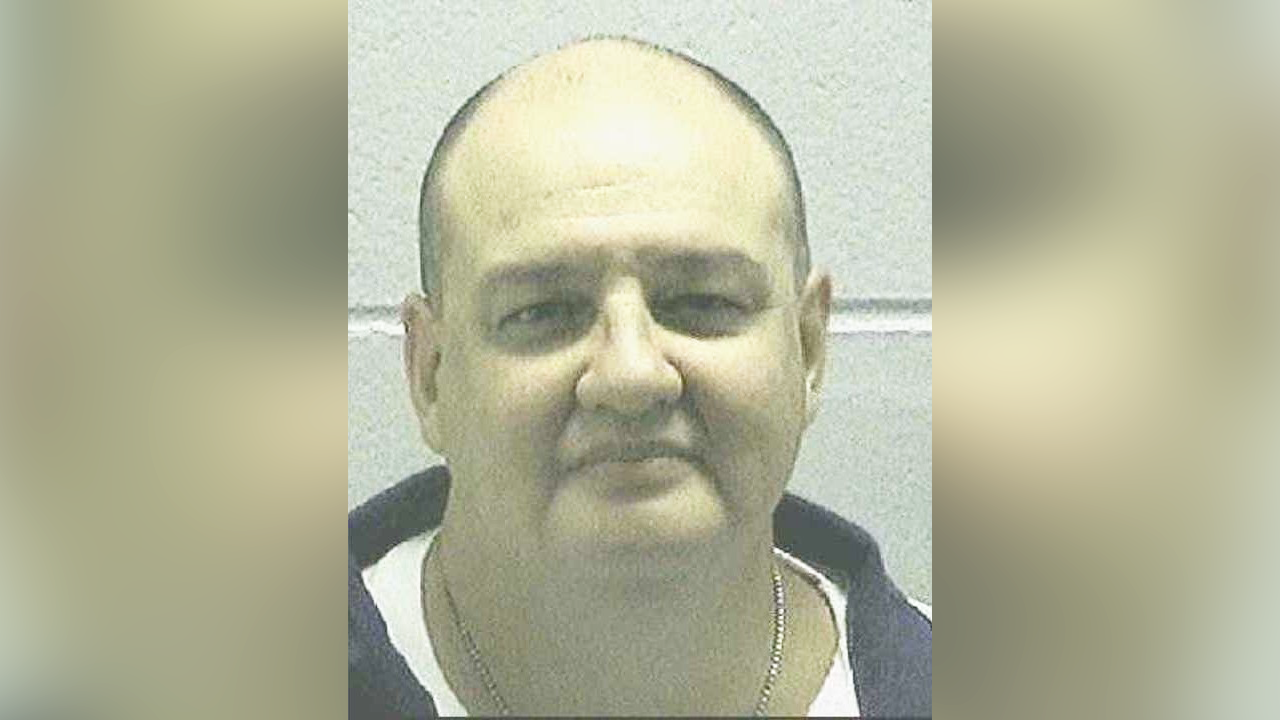Judge rejects request from Georgia death row inmate to die by firing squad

A federal judge has rejected a Georgia death row inmate’s request to be executed by firing squad, citing concerns that lethal injection could cause him excruciating pain. Michael Wade Nance, 63, argued that the injection of the sedative pentobarbital, the only authorized execution method in the state, could result in severe pain due to his medical issues. However, U.S. District Judge J.P. Boulee ruled that Nance had failed to provide sufficient evidence to support his claim.
Nance, who was sentenced to death for the 1993 murder of Gabor Balogh, claimed that his medical history made him susceptible to suffering during a lethal injection. His lawyers argued that his veins were difficult to locate and could potentially “blow” during the procedure, causing intense pain. Additionally, they raised concerns that Nance’s use of a medication for back pain could interfere with the effectiveness of the lethal injection drug.
Despite these arguments, the judge found that a doctor who testified for the state during a bench trial in May indicated that Nance had undergone multiple medical procedures requiring an IV without any issues. Boulee also noted that there was uncertainty about how Nance’s pain medication would impact the lethal injection drug, as one doctor testified that the potential effects were unknown.
In considering Nance’s challenge to the execution method under the Eighth Amendment, the judge emphasized that Nance must prove that there is a substantial risk of serious harm and that feasible alternatives exist to significantly reduce the risk of severe pain. While Nance’s lawyers suggested the firing squad as an alternative method, Boulee did not address this option as he found that Nance had not demonstrated a substantial risk of suffering during a lethal injection.
The legal battle over Nance’s execution method has been ongoing, with the case making its way to the U.S. Supreme Court. Justice Elena Kagan wrote in a majority opinion that Nance was not limited to proposing a method authorized by Georgia law when challenging the execution method. However, the Supreme Court ultimately overturned a previous ruling that had barred Nance from challenging his death sentence on the grounds of the execution method.
Nance’s lawyer, Anna Arceneaux, has indicated that they plan to appeal the latest decision. The case has been closely watched as it raises important questions about the constitutionality of execution methods and the protection of inmates’ rights. As the legal battle continues, Nance’s fate remains uncertain, with the debate over his execution method far from resolved.




